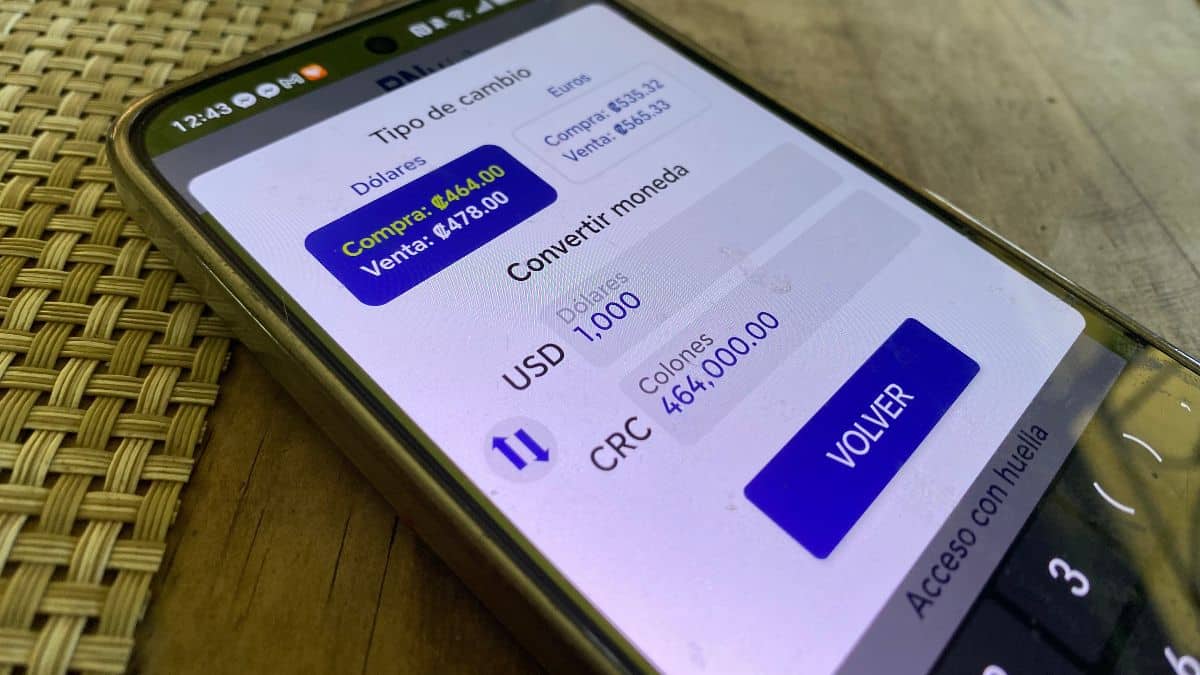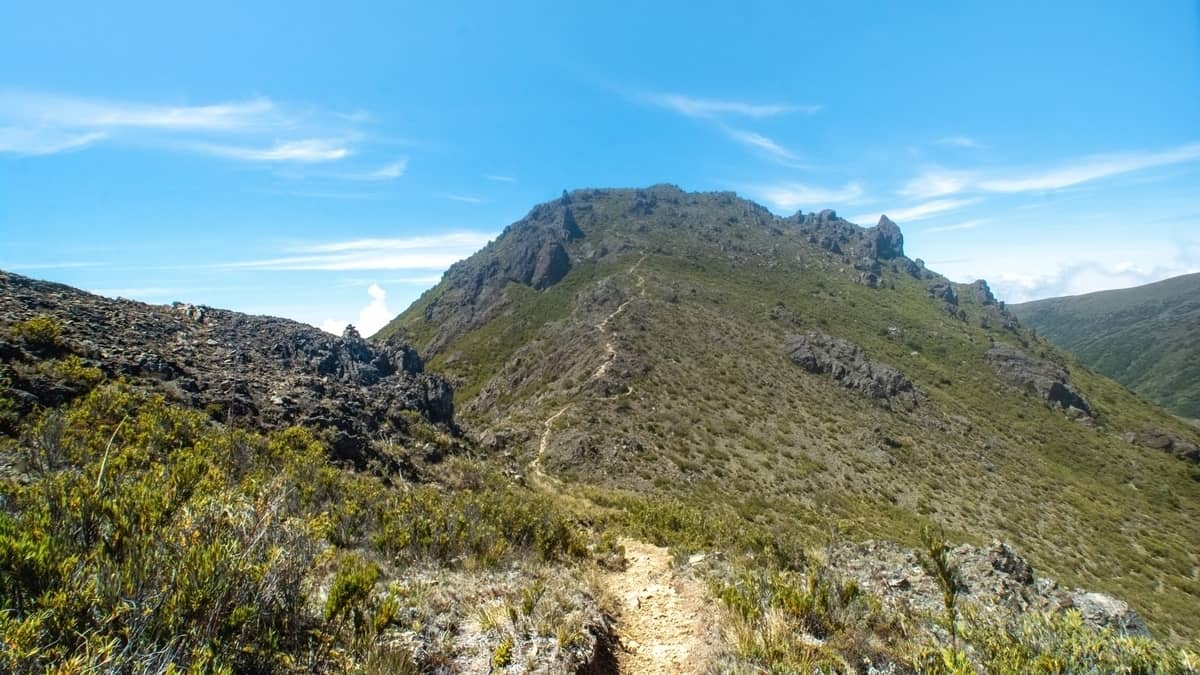Understanding how to get paid as a digital nomad is one of the first practical challenges people face when working remotely in Central America. Local banks are geared toward residents, so most nomads rely on international platforms instead. This guide explains the methods that actually work across the region without needing a local account.
Receiving your income while living or traveling in Central America is straightforward once you understand how digital nomads actually manage their payments. Local banking systems in the region are designed for residents, long-term expats, and people with stable addresses. Most nomads avoid opening local accounts because the process takes time, involves strict paperwork, and does not provide any major advantage. Instead, international platforms and digital tools handle everything efficiently. Whether you are working in Costa Rica, crossing borders through Nicaragua and Honduras, or spending time in Panama or Belize, the same systems keep your income moving cleanly.
Modern freelancers and nomads mix a few reliable services to receive money, access cash, and transfer income to their home-country accounts. The result is a simple setup that works anywhere in Central America without touching the local banking system.
Why Digital Nomads Avoid Local Bank Accounts
Local banks in Central America serve residents and established expats. To open an account, most banks require proof of residency at a very minimum. Even countries with well-developed banking systems often ask for documents that short-term visitors simply do not have. Even in Panama, where the banking system is stronger and more internationally oriented, opening an account often also requires residency paperwork and supporting documents. For digital nomads without residency, local banking, while not entirely impossible, is not really a convenient option.
Daily limits on ATM withdrawals also influence decisions. Many banks across the region allow withdrawals of only two or three hundred dollars per transaction. Fees vary by bank, and limits sometimes reset only once per day. For nomads who already have home-country accounts, digital banks, or PayPal and Payoneer balances, repeating the same withdrawals through a local bank adds no benefit.
Since all major international payment platforms work without a local account, nomads stick with the tools they already know and trust.
PayPal: Convenient but Costly
PayPal is one of the most widely used payment systems for freelancers around the world. You only need an email address to receive payments, and the money appears instantly in your balance. Many clients already use PayPal, which keeps the process familiar.
Most digital nomads link their PayPal account to a bank back home. Transfers into their home-country bank continue to work while abroad, although some banks block foreign logins unless you use a VPN. You can also spend directly from your PayPal balance or use the PayPal debit card if you have one.
The drawback is cost. PayPal charges high fees for international transfers and uses a weak exchange rate when converting currencies. Accounts can go into temporary reviews if PayPal detects unusual login patterns. In some Central American countries, local withdrawals are restricted altogether, which means you depend on your home bank to receive your funds.
PayPal is a simple option that works everywhere, but it is rarely the cheapest.
Payoneer: A Popular Choice Across Latin America
Payoneer is widely used throughout Latin America, including Central America. Many freelancers already depend on it for marketplaces such as Upwork and Fiverr. Payoneer gives you a convenient way to receive payments in USD, EUR, or GBP and then withdraw those funds wherever you are.
The Payoneer Mastercard is one of the biggest advantages. You can withdraw cash at almost any ATM in the region without a local bank account. For nomads on the move, this consistency is valuable.
Payoneer’s fees are generally lower than PayPal, especially for currency conversion or withdrawals to a home bank. However, the debit card has an annual fee, and ATM withdrawals come with additional charges. Some users report delays during account verification or compliance reviews, so it is important to set up your account in advance and keep your information current.
Overall, Payoneer offers a solid combination of flexibility and international support.
Wise: Excellent Conversion and Transfers
Wise (formerly TransferWise) provides low-cost international transfers and real exchange rates. It is ideal for converting income into different currencies and sending money to your home-country bank or a digital bank.
Wise is transparent about fees and processes transfers quickly. Many freelancers use Wise to consolidate earnings from several clients, convert the funds into a preferred currency, and then move money to their main bank account. Wise also offers multi-currency balances, which helps if your clients pay you in multiple regions.
What Wise does not replace is a bank account. You still need an account somewhere to withdraw your money, although it does not need to be local. Wise works best as a tool for moving and converting money rather than holding it long term.
Digital Banks: Revolut, N26, and Similar Platforms
Digital banks are becoming essential tools for international workers. Many European nomads use Revolut or N26 as their main day-to-day account while traveling. These services allow you to hold and convert multiple currencies, transfer money globally with predictable fees, and withdraw cash through their debit cards.
The main requirement is that you already have an account with one of these banks before entering the region. Opening new accounts from Central America is difficult because these banks focus on residents of Europe, the United States, or other supported markets. If you already have one, it continues to work normally. If not, it’s better to stick with PayPal, Payoneer, and Wise.
Some features, such as insurance or certain credit products, may not be available while abroad, but core functions such as transfers and card payments work across the region.
Cryptocurrency: A Flexible Backup or Primary Rail
Crypto has become a common tool for digital nomads, especially in regions where traditional banking is slow or difficult. Payments in Bitcoin or stablecoins such as USDT and USDC arrive instantly with minimal fees. You only need a wallet app to receive funds, and you remain independent of traditional banks.
Stablecoins are often more practical for daily use because they maintain a 1:1 value with the US dollar. This is useful in countries where local banking systems can complicate international payments. Bitcoin is also widely recognized in El Salvador, although most people still prefer cash USD for regular spending. If you’re interested, you can buy Bitcoin through platforms like MoonPay and hold it alongside the crypto you receive from clients. This gives you flexibility to keep some funds in crypto and convert only what you need for living expenses.
And talking of converting, therein lies the challenge for many digital nomads. Many nomads use peer-to-peer exchanges or trusted local contacts to convert crypto for cash. Reputable global platforms also operate in the region, but availability changes over time. Crypto requires caution, awareness of regulations, and good security practices. It is not for everyone, but it offers freedom when other payment methods fail.
Remittance Services: An Emergency Option
Western Union, MoneyGram, and similar services provide fast access to cash with only a passport. You simply pick up the money at a local agent location. This can be useful if your other payment methods face temporary issues.
Fees are high, and the process is not designed for recurring income. It becomes expensive to rely on these services regularly. Still, it is useful to know that they exist across Central America in case of payment delays.
Freelance Platforms and Marketplace Payouts
If you work through Upwork, Fiverr, Freelancer, or similar platforms, you already have built-in payout options. These platforms often support Payoneer, PayPal, and sometimes direct deposits into your home-country bank.
The advantage is simplicity. Payments are standardized and arrive on a predictable schedule. You can then move the money to your preferred wallet, digital bank, or home account. This setup avoids local banking altogether and is ideal for new nomads still building their client base.
Advanced Option: Using a US LLC or Other Corporate Structure
Some digital nomads use a US LLC or similar structure to receive payments. This makes sense for higher-income freelancers, consultants, or people running small agencies. A company allows you to access business banking services, process payments through Stripe or Payoneer, and hold funds in US dollars without relying on local banking systems.
A US LLC requires setup, an EIN, and some annual compliance, so it is not necessary for everyone. It becomes useful once your income levels justify the added structure.
How Digital Nomads Typically Manage Their Payments
Most people blend a few services rather than depend on one. A common system looks like this:
- PayPal or Payoneer for receiving client payments.
- Wise for currency conversion and transfers.
- A digital bank or home-country bank for everyday use.
- Crypto as a backup when banking becomes slow or unreliable.
This approach works in every country in Central America. It also protects your income from unexpected account issues, regional restrictions, or temporary platform outages.
Wrapping Up
Digital nomads in Central America don’t need local bank accounts to receive their income. International payment platforms, digital banking tools, and simple corporate structures handle everything efficiently. Whether you’re surfing in Costa Rica, hiking Guatemala’s highlands, or working remotely in Belize or Panama, you can access your money through the same methods you already use at home. With a few reliable tools and some basic preparation, getting paid while living or traveling in Central America is straightforward and predictable.



